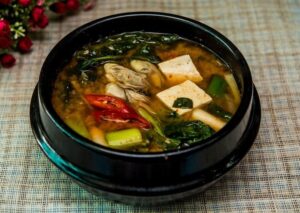Live to 100? The Secret Behind Japanese Longevity Lies in These Simple Food Habits”
Inspired by Traditional Okinawan Practices and Daily Rituals That Promote Health, Energy, and Joyful Aging.
The Science Behind Japan’s Longevity Secrets
Live Better with Galaxy Tribune!
Want more natural wellness tips inspired by traditional cultures like Japan? Stay informed with Galaxy Tribune’s Lifestyle & Trends – Health Edition.
- 💌 Subscribe to our newsletter for weekly health wisdom and exclusive tips.
- 🎥 Watch: Galaxy Tribune Wellness on YouTube – Your gateway to healthy living.
- 💬 Join the conversation in the comments and share your own health secrets!
Frequently Asked Questions
Q1: Can I follow Japanese food habits even if I live outside Japan?
Absolutely. Most ingredients like fish, rice, miso, and green tea are widely available around the world. It’s more about balance and simplicity than geography.
Q2: Is there scientific evidence behind these habits?
Yes, many studies confirm the benefits of traditional Japanese eating patterns—especially in reducing the risk of heart disease, obesity, and diabetes.
Q3: What other cultural wellness secrets do you cover?
Galaxy Tribune explores a variety of traditional health practices from around the globe, including Ayurveda, Mediterranean diets, and herbal healing techniques.
Explore More from Galaxy Tribune
🔗 External Resources
Galaxy Tribune and its authors are not liable for any actions taken based on the content presented here.
Disclaimer:
This content is intended for educational purposes only and should not be considered a substitute for professional medical advice, diagnosis, or treatment. No professional relationship is formed through this content, and individual results may vary.
While we make every effort to provide accurate and up-to-date information at the time of publication, we do not guarantee the completeness, accuracy, or relevance of the content. We assume no legal responsibility for any errors, omissions, or outcomes related to its use.







